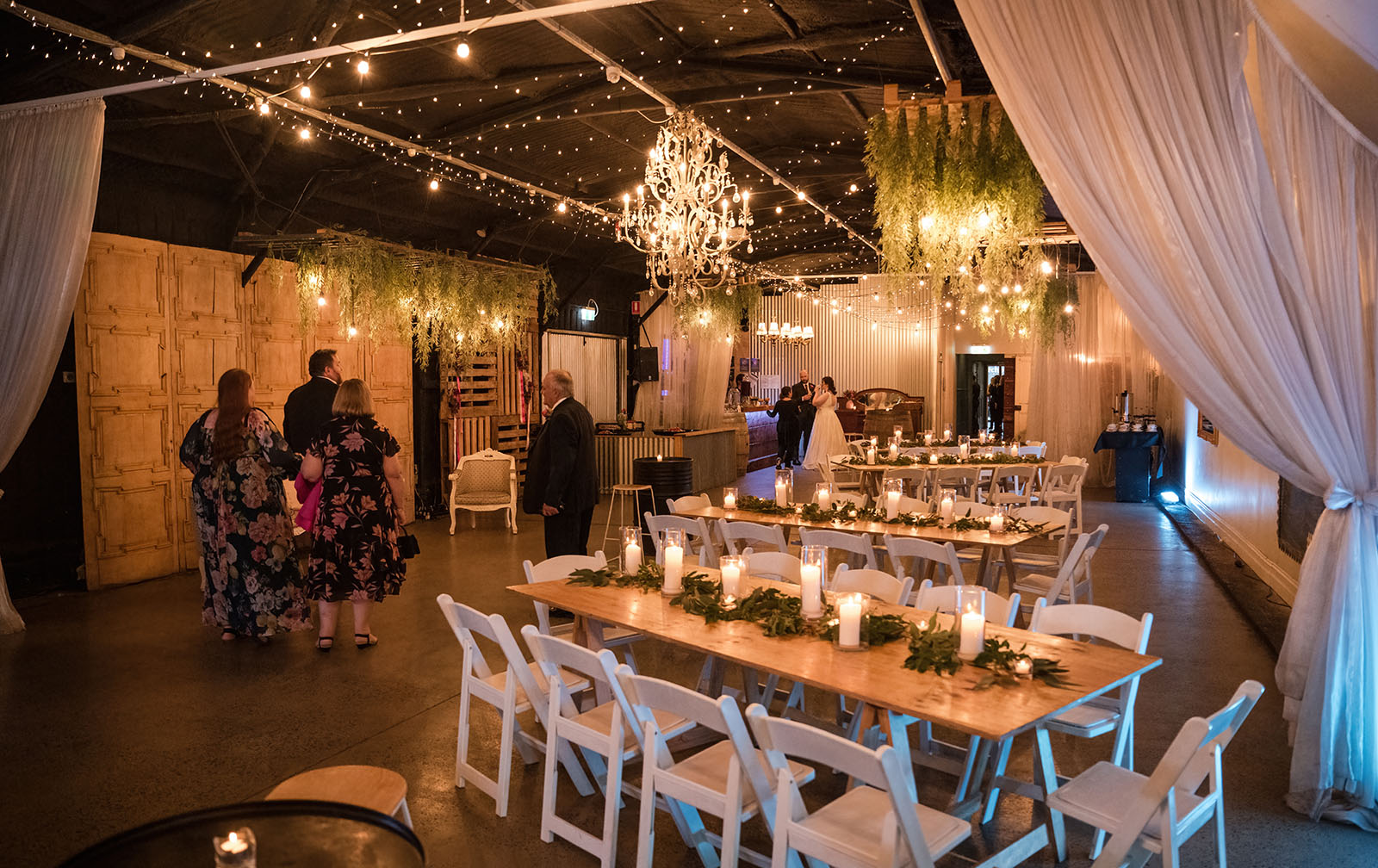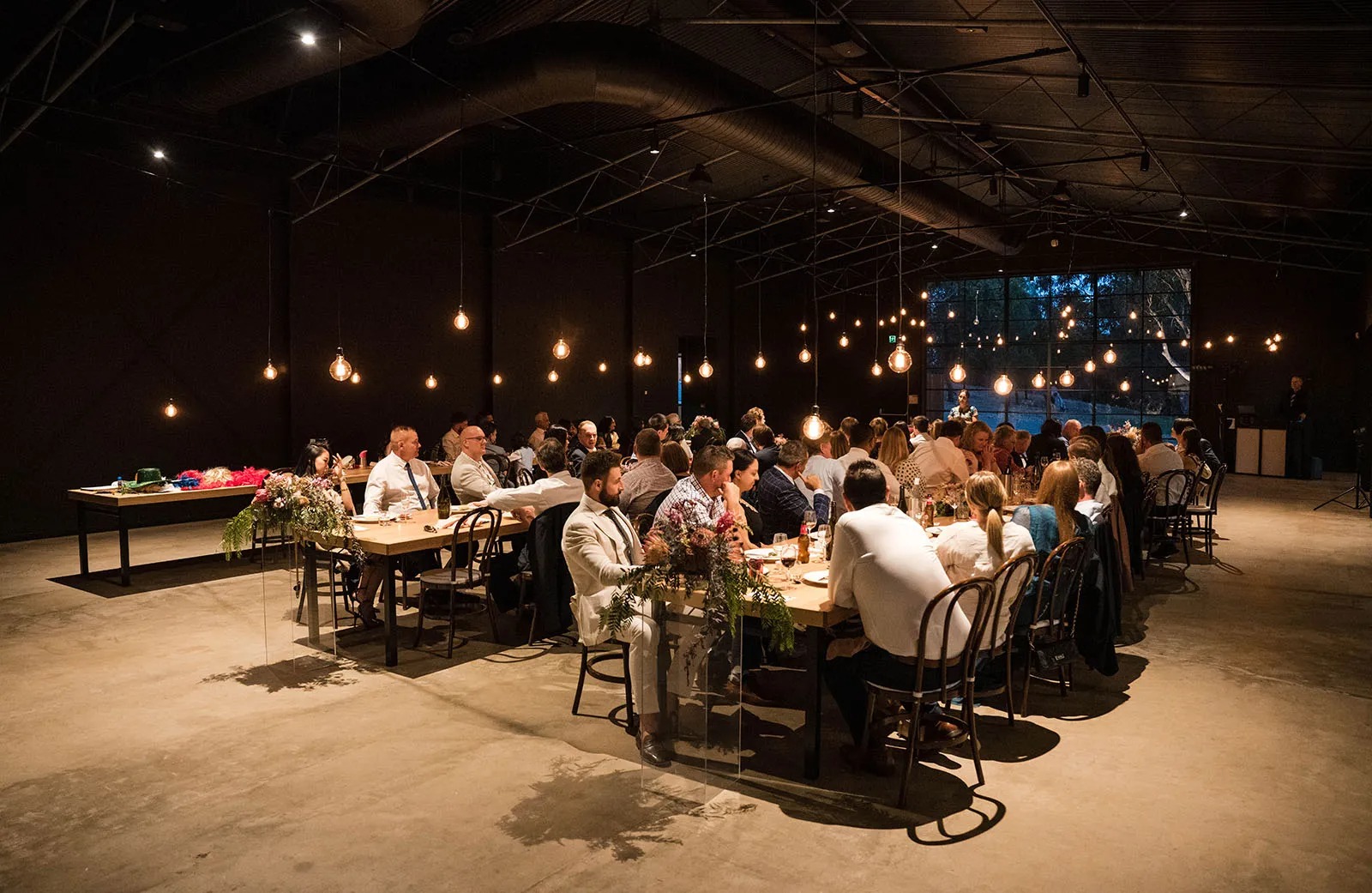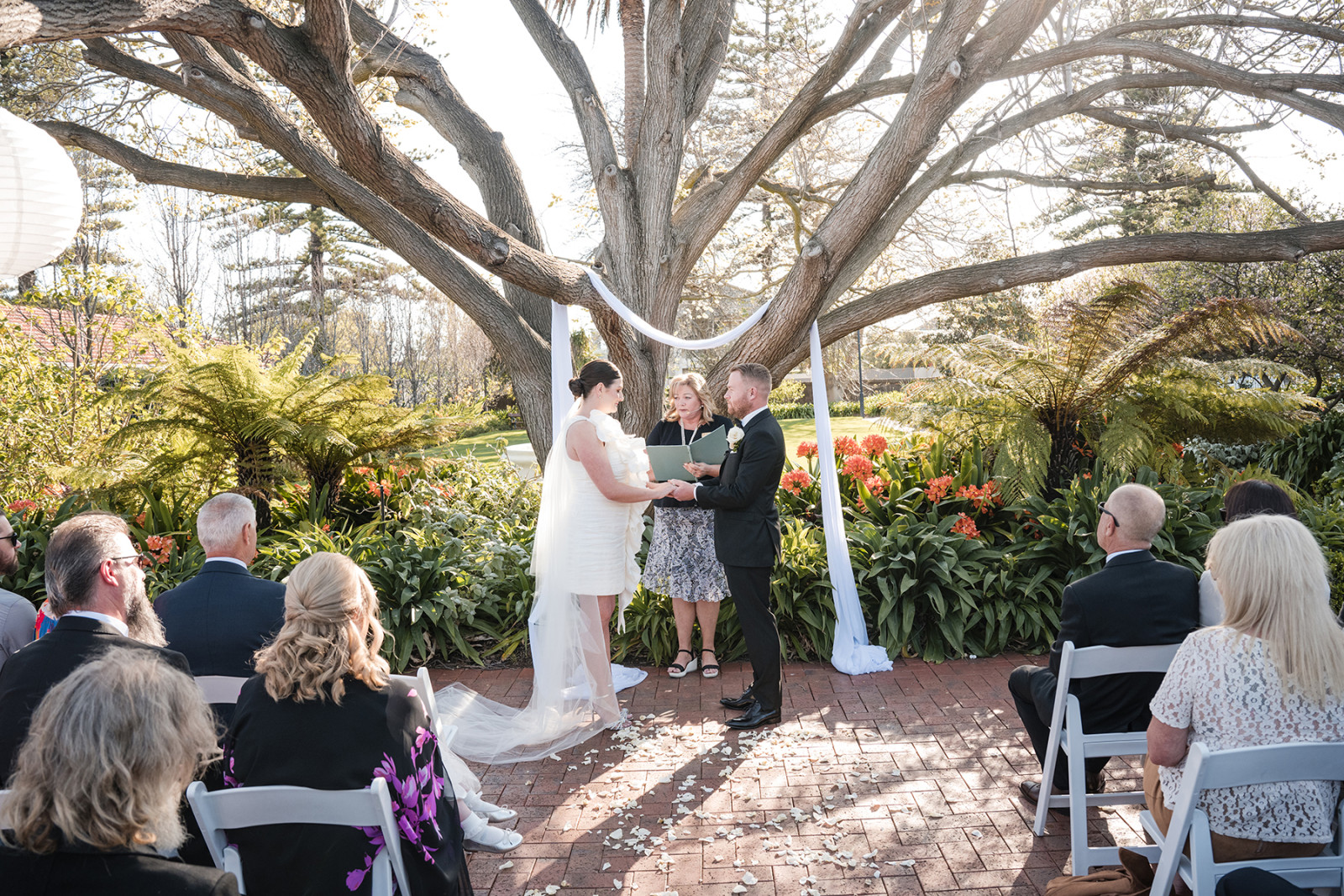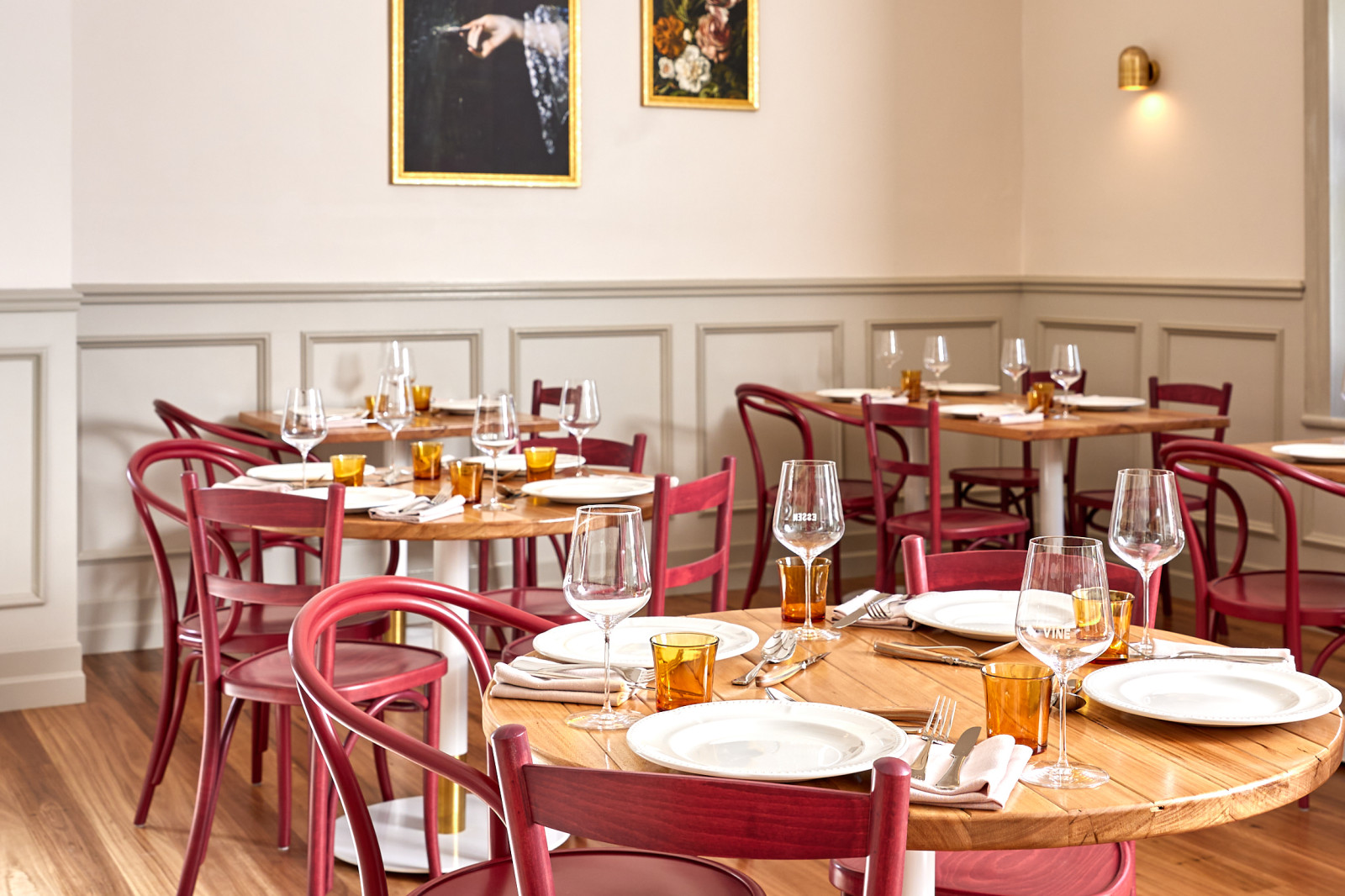
Mastering the Art of Negotiation: How to Score the Best Wedding Venue Deals
Negotiation is a crucial skill in event planning, especially when it comes to securing the perfect wedding venue. The ability to negotiate effectively can make a significant difference in the success of your event and the overall experience for your clients. In this article, we will explore the basics of negotiation, provide tips and tricks for researching the perfect wedding venue, discuss strategies for setting goals and limits, and offer advice on building rapport with the venue manager. We will also delve into the art of presenting a compelling argument, overcoming objections, finding common ground, and closing the deal. Additionally, we will explore the importance of negotiating additional perks and discounts, and provide tips for future negotiations.
Understanding the Basics of Negotiation: What You Need to Know
Negotiation is the process of reaching an agreement through discussion and compromise. In event planning, negotiation plays a vital role in securing the perfect wedding venue. It involves a series of interactions between the event planner and the venue manager, where both parties aim to achieve their respective goals and reach a mutually beneficial agreement.
Negotiation is important in event planning because it allows you to secure the best possible terms and conditions for your event. It enables you to negotiate the price, terms of payment, and any additional services or perks that may be included in the venue package. By negotiating effectively, you can save money, maximize your resources, and create a memorable experience for your clients.
The basic principles of negotiation include understanding your goals and limits, conducting thorough research, building rapport with the other party, presenting a compelling argument, responding to objections, making and receiving offers, and closing the deal. These principles form the foundation of successful negotiations and can help you achieve your desired outcome.

Researching the Perfect Wedding Venue: Tips and Tricks
Research is a crucial step in finding the perfect wedding venue. It allows you to gather information about different venues, compare their offerings, and make an informed decision. When conducting research, it is important to consider factors such as location, capacity, amenities, and pricing.
One tip for conducting research is to use online resources such as wedding venue directories, review websites, and social media platforms. These platforms provide a wealth of information about different venues, including reviews from previous clients, photos of the space, and contact details. By using these resources, you can narrow down your options and create a shortlist of potential venues to visit.
Another trick for finding hidden gems is to think outside the box and consider unconventional venues. While traditional wedding venues such as hotels and banquet halls are popular choices, there are many unique and affordable options available. Consider venues such as art galleries, museums, parks, or even private residences. These venues often offer a unique atmosphere and can be more budget-friendly compared to traditional options.
Preparing for the Negotiation: Setting Your Goals and Limits
Before entering into a negotiation, it is important to set clear goals and limits. Your goals should be specific, measurable, achievable, relevant, and time-bound (SMART). For example, your goal may be to secure the venue at a 10% discount, with an additional hour of setup time included in the package. By setting clear goals, you can focus your negotiation efforts and increase your chances of success.
Setting realistic goals and limits is essential in negotiation. It is important to be aware of your budget constraints, as well as the market value of the venue and its services. Researching the average prices for similar venues in the area can give you a benchmark for negotiation. It is also important to consider the needs and preferences of your clients, as well as any specific requirements for the event.
Strategies for prioritizing goals and limits include identifying your must-haves and nice-to-haves. Must-haves are non-negotiable items that are essential for the success of your event, such as a specific date or a certain capacity. Nice-to-haves are desirable but not essential, such as additional services or perks. By prioritizing your goals and limits, you can focus your negotiation efforts on the most important aspects and be prepared to make concessions if necessary.
Building Rapport with the Venue Manager: How to Establish Trust
Building rapport with the venue manager is crucial in negotiation. It helps establish trust, create a positive relationship, and increase the likelihood of reaching a mutually beneficial agreement. Building rapport can be achieved through effective communication, active listening, and demonstrating respect and professionalism.
One tip for establishing trust is to be prepared and knowledgeable about the venue and its offerings. Research the venue beforehand and come prepared with specific questions or requests. This shows the venue manager that you are serious about your event and have done your homework.
Another tip is to actively listen to the venue manager and show genuine interest in their perspective. Ask open-ended questions and encourage them to share their thoughts and concerns. This not only helps you understand their needs and preferences but also demonstrates that you value their input and are willing to work together to find a solution.
Strategies for creating a positive relationship include being respectful and professional at all times. Treat the venue manager with courtesy and kindness, even if negotiations become challenging. Remember that building rapport is a long-term investment and can lead to future collaborations and referrals.
Presenting Your Case: Crafting a Compelling Argument
Presenting a compelling argument is essential in negotiation. It helps you communicate your needs and preferences effectively and convince the other party of the value of your proposal. When presenting your case, it is important to be clear, concise, and persuasive.
One tip for crafting a persuasive argument is to focus on the benefits of your proposal. Highlight how your event can bring value to the venue, such as increased exposure, positive reviews, or future referrals. Emphasize the unique aspects of your event and how it aligns with the venue’s brand and target audience.
Another tip is to provide evidence to support your claims. This can include testimonials from previous clients, examples of successful events you have organized, or data on the potential economic impact of your event. By providing evidence, you can build credibility and increase the likelihood of your proposal being accepted.
Strategies for highlighting the benefits of your proposal include using storytelling techniques and visual aids. Tell a compelling story about your event and how it can create a memorable experience for attendees. Use visuals such as photos, videos, or mock-ups to illustrate your vision and help the venue manager visualize the potential of your event.

Responding to Objections: Overcoming Challenges in the Negotiation Process
Responding to objections is an important skill in negotiation. It allows you to address concerns and find solutions that meet the needs of both parties. When responding to objections, it is important to remain calm, listen actively, and offer alternative options if necessary.
One tip for overcoming objections is to reframe the objection as an opportunity. Instead of viewing objections as roadblocks, see them as a chance to explore different options and find creative solutions. For example, if the venue manager objects to a specific request, ask them for their input on alternative options that could meet your needs.
Another tip is to address objections directly and provide evidence or examples to support your response. If the venue manager raises concerns about the feasibility of your event, provide data or testimonials from previous events that demonstrate your ability to overcome similar challenges. By addressing objections directly and providing evidence, you can build credibility and increase the likelihood of finding a solution.
Strategies for addressing concerns and finding solutions include brainstorming sessions and collaborative problem-solving. Engage the venue manager in a dialogue and encourage them to share their perspective and ideas. By working together, you can find common ground and reach a mutually beneficial agreement.
Making and Receiving Offers: Strategies for Finding Common Ground
Making and receiving offers is a crucial part of the negotiation process. It allows both parties to express their needs and preferences and find common ground. When making an offer, it is important to be clear, specific, and realistic. State your offer in a confident and assertive manner, and be prepared to justify your proposal if necessary.
One tip for finding common ground is to use the “principled negotiation” approach. This approach focuses on finding solutions that are fair and reasonable for both parties. Instead of taking a competitive or adversarial stance, adopt a collaborative mindset and look for win-win solutions. For example, if the venue manager objects to a specific request, offer an alternative option that meets their needs while still achieving your goals.
Another tip is to be open to receiving offers from the other party. Listen actively and consider their proposals with an open mind. Even if their offer is not exactly what you were hoping for, it may contain elements that can be negotiated or used as a starting point for further discussion.
Strategies for compromising and reaching a mutually beneficial agreement include exploring trade-offs and finding creative solutions. Identify areas where you can make concessions without compromising the overall success of your event. Look for opportunities to add value or provide additional benefits that may be of interest to the venue manager. By finding common ground and being flexible, you can increase the likelihood of reaching a mutually beneficial agreement.

Closing the Deal: Finalizing the Negotiation and Securing the Venue
Closing the deal is the final step in the negotiation process. It involves finalizing the terms and conditions of the agreement and securing the venue for your event. When closing the deal, it is important to be clear, concise, and professional.
One tip for finalizing the negotiation is to summarize the key points of the agreement in writing. This can be done through a formal contract or a written confirmation email. Include details such as the date, time, and duration of the event, the agreed-upon price, any additional services or perks, and the terms of payment. By summarizing the agreement in writing, you can avoid misunderstandings and ensure that both parties are on the same page.
Another tip is to follow up with the venue manager after the negotiation to express your gratitude and confirm the details of the agreement. This shows professionalism and helps maintain a positive relationship with the venue. It also provides an opportunity to address any last-minute concerns or questions that may arise.
Strategies for securing the venue include paying a deposit or signing a contract. These actions demonstrate your commitment to the agreement and provide assurance to the venue manager. Be prepared to provide any necessary documentation or information requested by the venue, such as insurance certificates or event permits. By completing these steps, you can finalize the negotiation and secure the venue for your event.
Negotiating Additional Perks and Discounts: Maximizing Your Savings
Negotiating additional perks and discounts is an important strategy for maximizing your savings in event planning. By securing additional services or discounts, you can enhance the overall experience for your clients and save money in the process. When negotiating additional perks and discounts, it is important to be proactive, creative, and flexible.
One tip for negotiating additional perks is to bundle services or packages. For example, if the venue offers catering services, ask if they can include a complimentary dessert or a signature cocktail as part of the package. By bundling services, you can increase the value of the package without significantly increasing the cost.
Another tip is to leverage your network and connections. If you have a strong relationship with a vendor or supplier, ask if they can provide a discount or additional services as a favor. This can be especially effective if the vendor or supplier has a vested interest in your event, such as gaining exposure or building their portfolio.
Strategies for identifying potential perks and discounts include researching the venue’s competitors and their offerings. If you find that a competitor offers a similar venue at a lower price or with additional perks, use this information as leverage in your negotiation. Highlight the competitive advantage of your event and how it can benefit the venue in terms of revenue, exposure, or future collaborations.
Tips for Future Negotiations: Lessons Learned and Best Practices
Reflecting on the negotiation process is important for future negotiations. It allows you to learn from your experiences, identify areas for improvement, and develop best practices. When reflecting on the negotiation process, it is important to be honest, open-minded, and willing to adapt.
One tip for learning from the negotiation experience is to evaluate your performance objectively. Consider what went well and what could have been improved. Did you achieve your goals? Were you able to build rapport with the venue manager? Did you effectively respond to objections? By evaluating your performance, you can identify areas for improvement and develop strategies for future negotiations.
Another tip is to seek feedback from the venue manager or other stakeholders involved in the negotiation. Ask for their honest opinion on your negotiation skills and areas for improvement. This feedback can provide valuable insights and help you refine your negotiation approach.
Strategies for improving future negotiations include continuous learning and professional development. Attend workshops, seminars, or webinars on negotiation skills. Read books or articles on negotiation techniques and strategies. Practice negotiation scenarios with a colleague or mentor. By investing in your negotiation skills, you can become a more effective negotiator and achieve better outcomes in future negotiations.
Negotiation is a crucial skill in event planning, especially when it comes to securing the perfect wedding venue. By understanding the basics of negotiation, conducting thorough research, setting clear goals and limits, building rapport with the venue manager, presenting a compelling argument, responding to objections, making and receiving offers, closing the deal, negotiating additional perks and discounts, and reflecting on the negotiation process, you can maximize your chances of success and create a memorable experience for your clients. Remember that negotiation is a process, and with practice and perseverance, you can become a skilled negotiator and achieve your desired outcomes in event planning.


